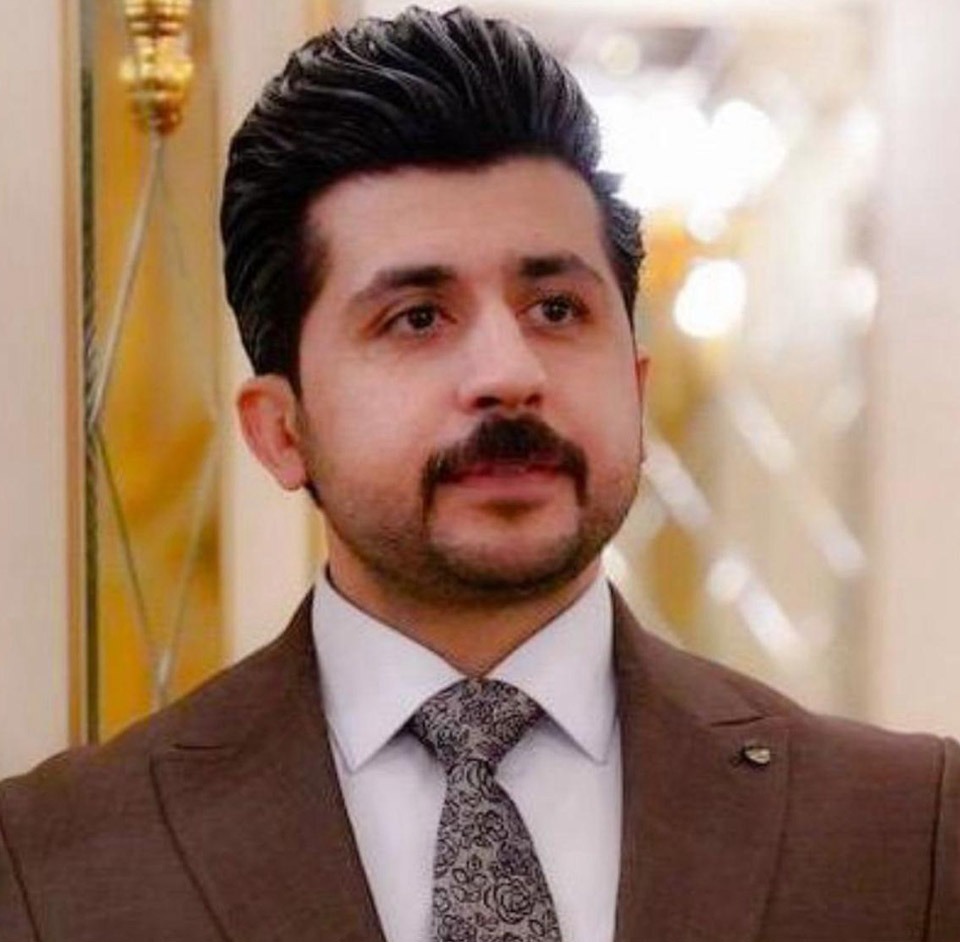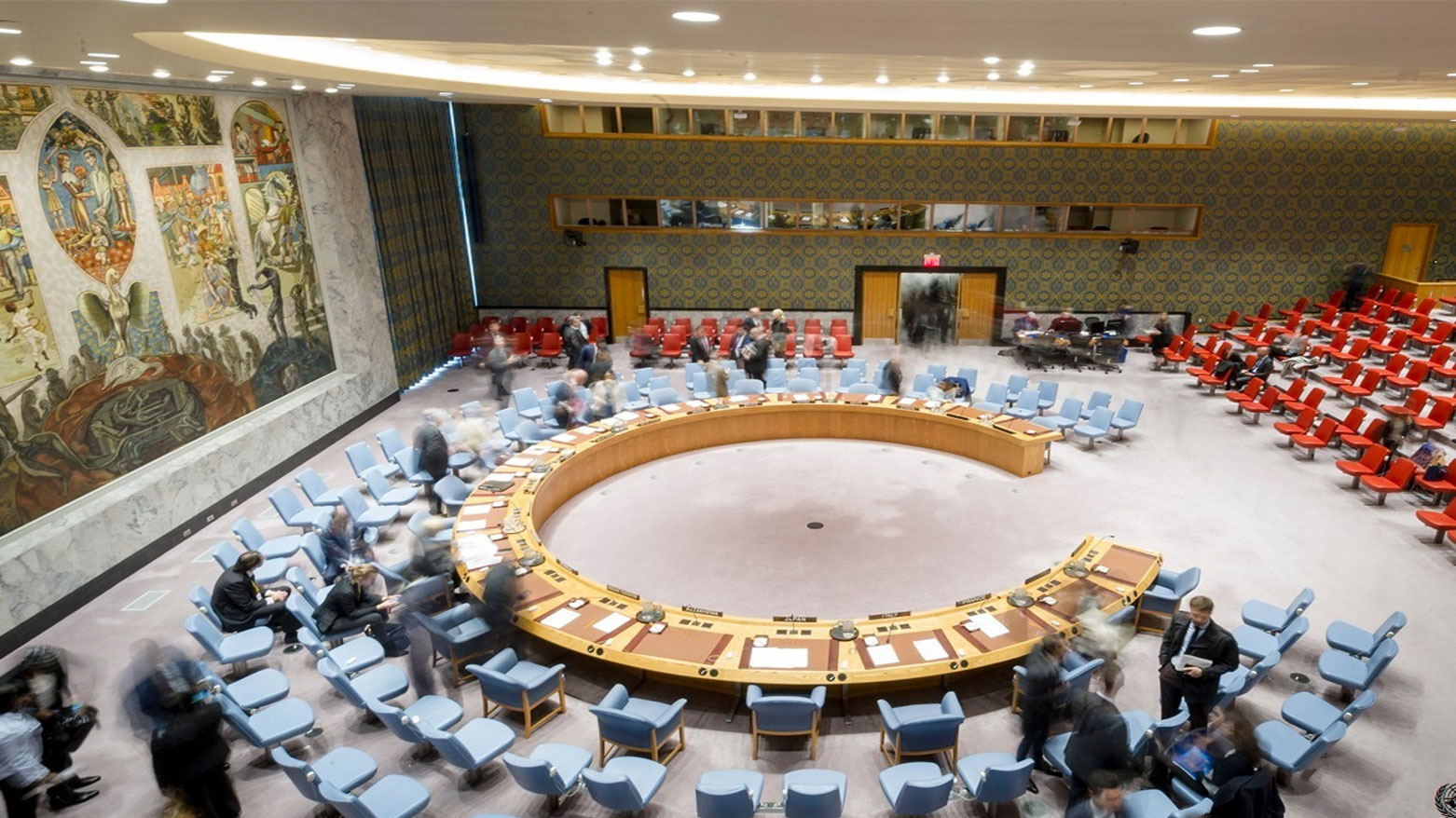
Wissam Massify
Editor
What is the rationale for undermining international law in the context of powerful states and impeding United Nations Council gatherings?
Additionally, the UN Council's responsibility to maintain international order by limiting the authority of the power states to intervene in other states' business is absent.

The most recent events, particularly the war in Ukraine and the turmoil in the Middle East have significantly impacted the international order. Therefore, one could argue that the failure of international law to uphold global order leaves it without a solid foundation.
Additionally, the UN Council's responsibility to maintain international order by limiting the authority of the power states to intervene in other states' business is absent.
Disrupting the UN Council sessions and international law, which serve as the true basis for states' existence and their duty to protect international interests, leads powerful states to prioritize their interests over those of weaker nations and international law.
For instance, due to Russia's veto power over the UN Council and its status as a prominent member, it is impossible to pass any resolutions that impact global decision-makers without Russia's alignment with its allies. Therefore, Russia is a primary cause of disruption in both international law and UN Council sessions. However, other power states are major causes of disorder in the world and disrupt international law because of interests such as oil, gas, and control of the currency that damage their country's interests.
Thus, if we delve into the meaning of international law, we will see that it comprises the legal rules, norms, and standards that govern relations between sovereign states and other entities recognized as global players. The phrase originated from the English philosopher Jeremy Bentham (1748–1832).
However, international law embodies the creation and subsequent alteration of a global framework predominantly based on the premise that independent sovereign states are the sole pertinent entities in the international arena. The European Renaissance delineated the fundamental framework of international law, its roots extending far back in history, originating from collaborative accords among ancient Middle Eastern civilizations.
Moreover, international law functions as a framework for state cooperation, establishing laws and norms regulating their interactions across multiple sectors, such as diplomacy, trade, and security.
We have examined the role of international law in establishing a peaceful world. The primary purpose of establishing international law was to foster peace. The establishment of the League of Nations, the United Nations, and several peace treaties demonstrates that the primary objective of forming a community of states and alliances is the pursuit of peace. The United Nations explicitly designed its charter to provide a legal framework that primarily focuses on maintaining peace. Treaties like the Non-Proliferation Treaty and the Biological Weapons Convention are instruments grounded in international law aimed at fostering collaboration instead of confrontation. This encompasses the Security Council's capacity or inclination to function as an enforcer of global order. The concerns also pertain to the legitimacy of the Security Council, its impasse, and its transgressions of fundamental international law principles.
Numerous investigations have demonstrated the crucial role of international law in resolving international disputes and achieving peace; however, its consistent application and successful implementation are often lacking. We hold the belief that international law serves as an effective tool for promoting peace, and we should take steps to strengthen the peaceful elements of important international legal frameworks. Indeed, justice is the foundation of peace, and the respectful enforcement of the rule of law is the only way to achieve a just resolution. We must prioritize this objective and strive for a world free from the chaos of unforeseen and frequently catastrophic eruptions of violence.
Territorial disputes occur when multiple states assert sovereignty over a specific territory, often owing to historical, cultural, or economic factors. The origins of these disputes extend back centuries, and they frequently escalate into significant global problems if not managed properly. International law functions as a regulatory framework to address and resolve issues, providing rules and tools to facilitate discussion and avert violent confrontations.
A core tenet of international law pertinent to territorial disputes is the ban against the use of force in conflict resolution. The United Nations Charter specifically mandates that nations that are members must abstain from threatening or employing force toward the territorial integrity or political sovereignty of any state. This idea highlights the significance of peaceful negotiations and diplomacy in resolving conflicts by prioritizing conversation over military aggression.
Article 2 of the 1949 Geneva Conventions defines International Armed Conflict (IAC) as "all instances of declared war or any other armed conflict that may occur between two or more High Contracting Parties, regardless of whether one party recognizes the state of war."
Consequently, if the major powers wish to mitigate further disorder in the international system, they should permit the UN Council to assume responsibility for restoring order and averting additional calamities globally. However, in my perspective, the Middle East currently resembles a modern iteration of World War III due to the intervention of powerful states in regional issues and the vulnerabilities of these nations. The primary focus of their leadership is to perpetuate their rule at the expense of their populace, enrich their associates, and construct opulent residences. Meanwhile, their citizens suffer from a lack of essential services like electricity, rampant corruption, and the modern lifestyle necessary for dignified living. This situation renders the authorities of these states subservient to the interests of powerful nations. Moreover, the government in Iraq will soon undergo a change, similar to what has happened in Lebanon and Syria, with the expulsion of the militia. As for the Kurds, it's time to unite once more to assert their rights, record their history in the UN Council, and be recognized as one of the nations with grievances dating back to the 1920s. It's time to put an end to global disasters, establish a new life for all communities and nations, and align with international law to maintain prosperity and peace worldwide.